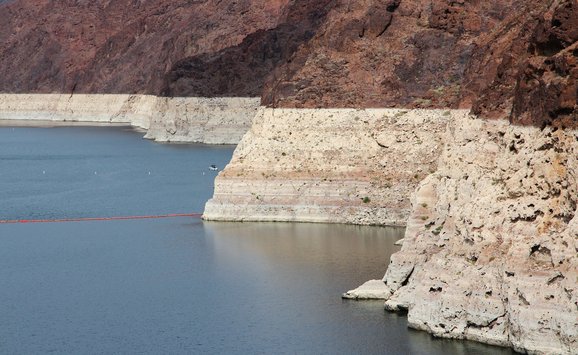The resources and uses of the oceans are attracting increasing private and public attention. There is a growing awareness of the vast and relatively untouched raw materials of the seas, which cover 70 percent of the earth's surface. There also is a sharpening competition between nations for resources that are the common property of the world community. And the interest is further stimulated by the anticipation of federal funds for research and development.
The year 1966 marked a transition in the United States from awareness, anticipation, and general talk about "the riches of the sea" to the first steps in organizing for action. In June, the President's' Science Advisory Committee Panel on Oceanography released its report, Effective Use of the Sea. The report is an attempt to establish national goals, to assess current programs, and to identify nutrient opportunities for new programs in science and technology. Its recommendations will be useful as a guide to the National Council on Marine Resources and Engineering Development. This Cabinet-level Council, chaired by Vice President Humphrey, was established by public law signed by President Johnson June 17.
The Council, together with a soon-to-be-established Advisory Commission, has a budget of $1.3 million to spend on the development of technical plans and programs, the study of proposals for federal organization of the twenty-three bureau-level groups now concerned with aspects of oceanography, and the evaluation of the potential for private investment. The council is competently staffed and hard at work preparing interim recommendations for January 1967.
But legislative activity proceeded on two issues without waiting for a complete program.
The President signed a bill on November 2, 1966, authorizing and appropriating funds for the entire structure of a pilot plant for production of fish protein concentrate. Such a concentrate, if it can be satisfactorily developed and distributed, could do much to relieve protein malnutrition in less developed countries.
A few weeks earlier, on October 14, the President signed a bill extending exclusive fishing rights to a distance of twelve miles from US shores. This was in response to pressures from fishermen in the northeastern and northwestern states who found growing numbers of foreign vessels occupying grounds that they had long used by themselves. Some observers feel, however, that in the long run the extension of exclusive fishing limits will not necessarily bring net advantages to the nation. Such extensions, adopted on a worldwide basis, might, for example, impede the freedom of passage through narrow straits. The tuna and shrimp fishermen who operate off the coast of Latin America point out that they will be excluded from fishing within twelve miles of foreign shores.
Furthermore, emphasis on "keeping the foreigners out" tends to obscure major problems of inefficiency in the US fishing industries. Would it not be more useful to find out why US fishermen cannot compete satisfactorily with vessels that have to travel distances of thousands of miles, than to prohibit competition? Perhaps of greatest significance is the possibility that the extension will open the way for larger sea-grabs by coastal states. Twelve miles has no more magic than three miles in terms of enclosing a fugitive resource such as fish. So why not 200 miles (a claim already made by some Latin American countries), 600 miles, or maybe a division of the oceans down the middle?
The long-range solutions, many believe, call for international cooperation rather than unilateral action on problems not only of fish but of all ocean resources. As President Johnson pointed out in his speech of July 13 at the commissioning of a new research vessel, "under no circumstances, we believe, must we ever allow the prospects of rich harvest and mineral wealth to create a new form of colonial competition among the maritime nations. We must be careful to avoid a race to grab and to hold the lands under the high seas. We must ensure that the deep seas and the ocean bottoms are, and remain, the legacy of all human beings."







